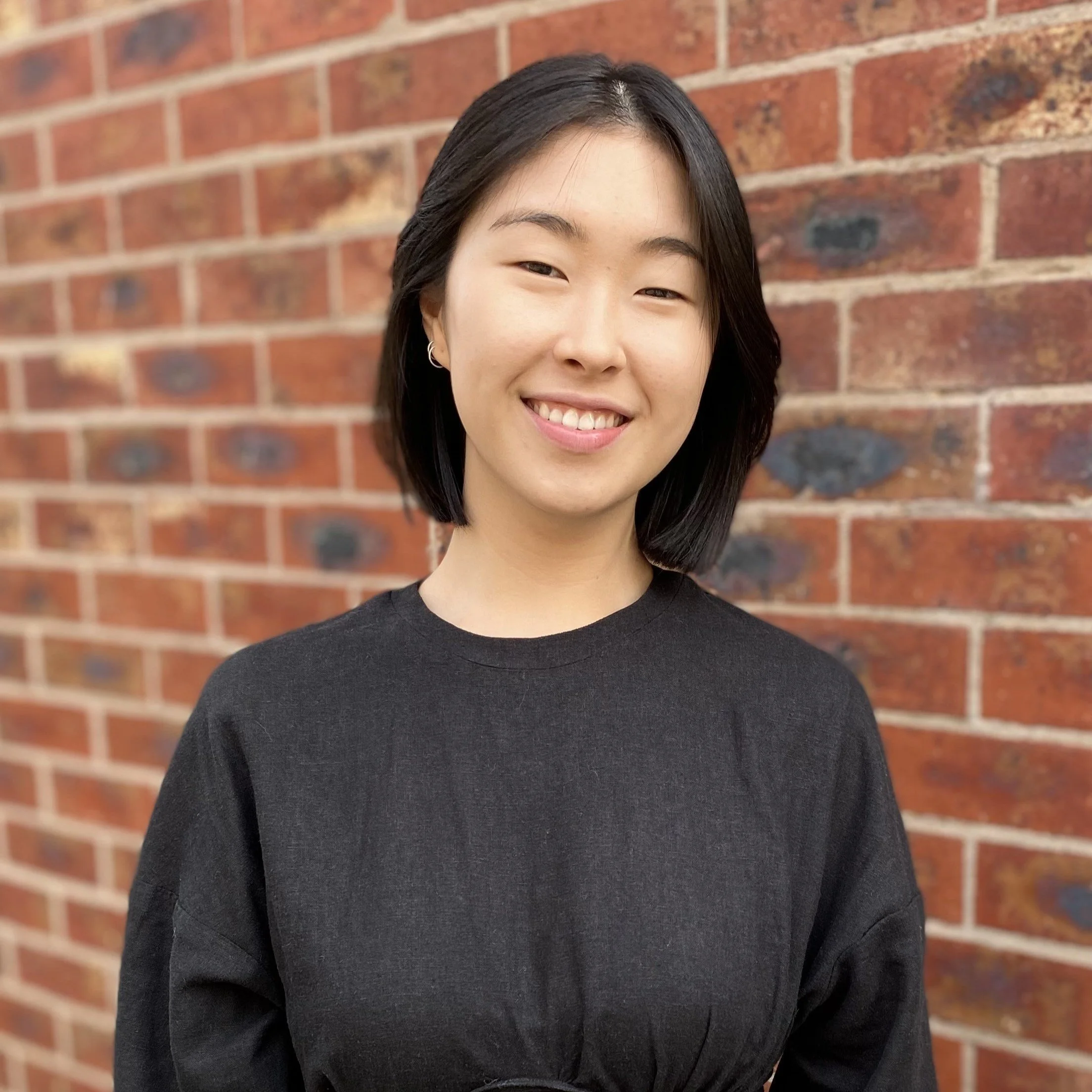FEMINISM IN THE ARTS
'Feminism in the Arts' examines what gender justice looks like in popular culture in Australia and abroad. Commenting on jazz, hardcore music scene, and true crime media, our PhD researchers bring fresh perspectives on smashing the patriarchy!
Ash Barnes (they/she)
Ash Barnes is a PhD candidate and researcher for the University of Tasmania’s School of Social Sciences, currently in the final stages of thesis completion for submission in November. Ash is an unapologetic feminist in the academic field of Cultural Criminology, Ash’s qualitative research explores the emotional, pleasurable, and messy, ‘grey areas’ between deviance, crime, and disorder. Topics of interest include the impact and experiences of substance use, gender identity, music subcultures, transgression, violence, and sexual assault research.
Since completing their Criminology Honours project in 2017, Ash has assisted in research projects with the University of Melbourne, the University of Tasmania and with external government organisations, services, and programs. As an early career researcher, Ash consistently contributes to projects with innovative and refreshing approaches to qualitative research. Outside of the work, Ash unfortunately plays League of Legends but acknowledges this as a personal deficit but considers playing Dungeons and Dragons as a redeemable feature.
Too PUNK for Sexism: How sexist attitudes occur in Australian punk and hardcore music communities and why they stay there
Ash’s PhD research combines perspectives from social-psychology, feminist thought and criminological perspectives to observe normalised social behaviours within hardcore and punk music spaces and questions how communities enjoy, respond to or dismiss cases of unwanted sexual and physical violence. Informed by the critical role that interpersonal connection plays within music cultures, this research examines broadly, how substance use, sexism, and social capital can influence people’s attitudes around violence, sexual consent, and rape myths.
Miranda Park (she/her)
Miranda Park is a Naarm/Melbourne based PhD candidate and Co-Coordinator of Publications for the One Woman Project (OWP). She is the recipient of the PhD Scholarship in Music for the ARC-funded project Diversifying Music in Australia: Gender Equity in Jazz and Improvisation at Monash University. Her doctoral research is situated in the intersections of jazz and improvisation, tertiary music education, gender studies and feminist methodologies. Miranda’s creative interests and hobbies range from music to mandala drawing (@mandalasbym) and pottery. She has been volunteering with OWP for over two years, bringing together her love of creativity, writing and feminism in her role as co-editor of RARA Magazine and Mudhoney zine (@raramagazine_).
How Feminist Activism can Challenge Australian Tertiary Jazz Education
Gender inequality in Australian jazz and improvisation (AJ&I) is a long-standing issue that has only recently become the focus of widespread critique and interventions for change. This presentation focuses on a specific stage in the ongoing cycle of inequality that exists in the sector; tertiary jazz education. University jazz courses are both important training grounds for emerging musicians and institutions that often perpetuate the same hierarchies and power imbalances that are found in the industry. Drawing on my current doctoral research on jazz students’ gendered experiences, I will discuss the role which feminist research and activism can play in troubling the current state of tertiary jazz education in Australia.
Bonnie Evans (she/her)
Bonnie Evans is a PhD Candidate, research associate and sessional academic at the University of Queensland. Bonnie’s research interests include feminist screen theory, contemporary feminisms, and visual culture, and her most recent publication examines the relationship between trauma, bodies and places in true crime. Her dissertation explores the relationship between contemporary feminisms, gendered violence, and representations of lived experience in recent horror and true crime film and television.
“Feminist” True Crime?: Post #MeToo True Crime Television and Contemporary Feminism
In the wake of the MeToo Movement and renewed feminist activism against sexual violence, a number of true crime documentaries and drama series have explored serial rape as their central crimes, including Surviving R Kelly (2019-20) and Athlete A (2020), and have used these central crimes to critique the social and institutional conditions that enable serial rapists.
This presentation explores two recent true crime television miniseries, I’ll Be Gone in the Dark (2020) and Unbelievable (2019), looking particularly at representations of sexual violence and its aftermath. I argue that these examples of “feminist” true crime present highly embodied representations of sexual violence and trauma, in ways that echo contemporary feminist anti-rape politics. I also examine how these series both criticise and simultaneously affirm the criminal justice system, mirroring the fraught entanglements between the #MeToo Movement and criminal justice.




